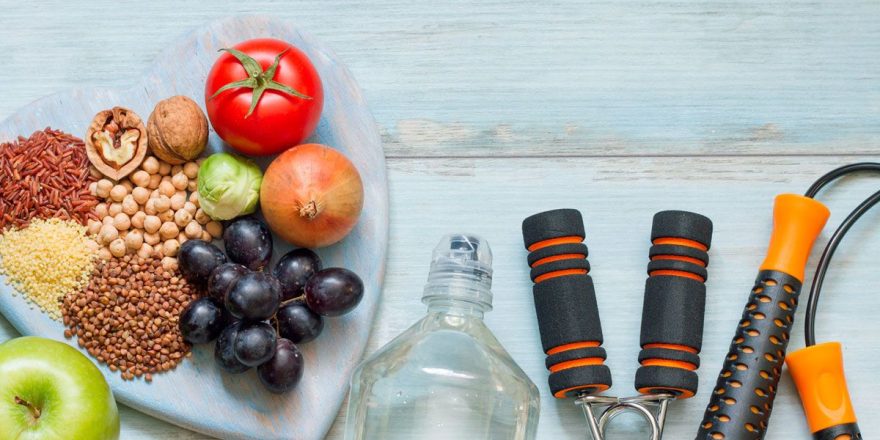Healthy Diet Plan Ideas For Beginners
When it comes to starting a new healthy diet plan, it can be overwhelming and confusing. There are so many different diets out there, each with their own rules and restrictions. It can be difficult to know where to start or which one is right for you. Here, we will provide some simple but effective healthy diet plan ideas for beginners.
Understanding the basics of a healthy diet:
A healthy diet plan Dubai is one that provides the body with essential nutrients while limiting excess sugar, sodium, and unhealthy fats. It should be rich in fruits, vegetables, whole grains, lean proteins, and healthy fats. Balancing macronutrients—carbohydrates, proteins, and fats—is essential for sustaining energy levels and supporting bodily functions.
Healthy diet plan ideas for beginners:
Start with whole foods: Begin by focusing on whole, minimally processed foods. Incorporate plenty of fruits and vegetables into meals, aiming for a variety of colors to ensure a diverse range of nutrients. Whole grains such as oats, quinoa, and brown rice provide fiber and sustained energy, while lean proteins like chicken, fish, tofu, and beans support muscle health and satiety.
Practice portion control: Portion control is crucial for maintaining a healthy weight and preventing overeating. Use smaller plates to help control portion sizes and be mindful of serving sizes recommended by nutrition labels. Aim to fill half of your plate with fruits and vegetables, one-quarter with lean protein, and one-quarter with whole grains or starchy vegetables.
Stay hydrated: Water plays a vital role in overall health and well-being. Aim to drink plenty of water throughout the day, especially between meals and during physical activity. Limit sugary beverages such as soda and fruit juice, opting for water, herbal tea, or infused water with fresh fruits and herbs for flavor.
Plan and prep meals: Meal planning and preparation can help beginners stay on track with their healthy eating goals. Take time each week to plan meals, create a grocery list, and prep ingredients in advance. Having healthy meals and snacks readily available can prevent impulsive food choices and save time during busy weekdays.
Practice mindful eating: Mindful eating involves paying attention to hunger and fullness cues, as well as savoring the flavors and textures of food. Avoid distractions such as screens while eating and take time to chew food thoroughly. Eating slowly and mindfully can help prevent overeating and promote better digestion.
